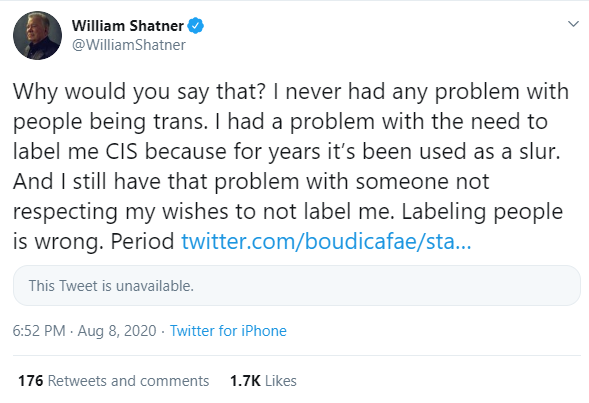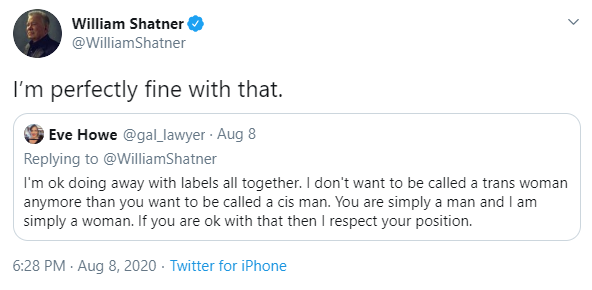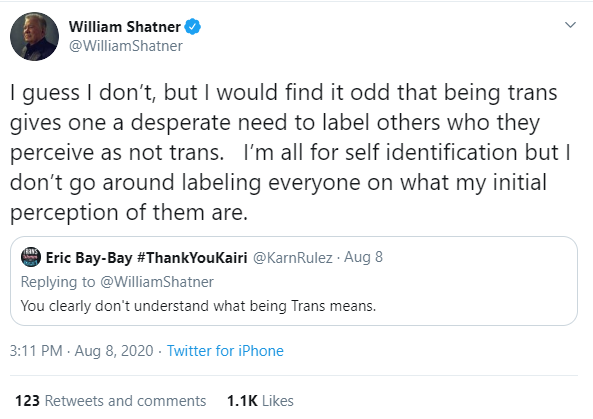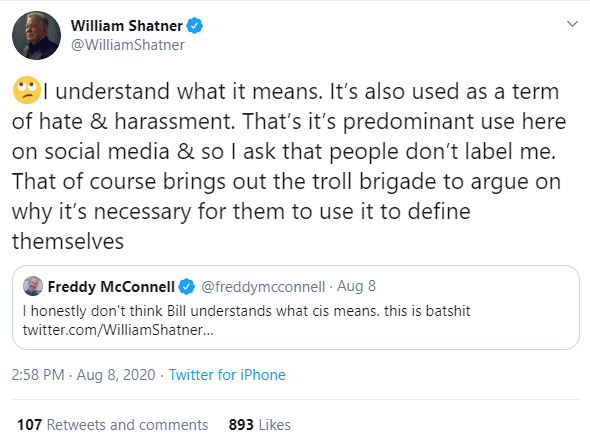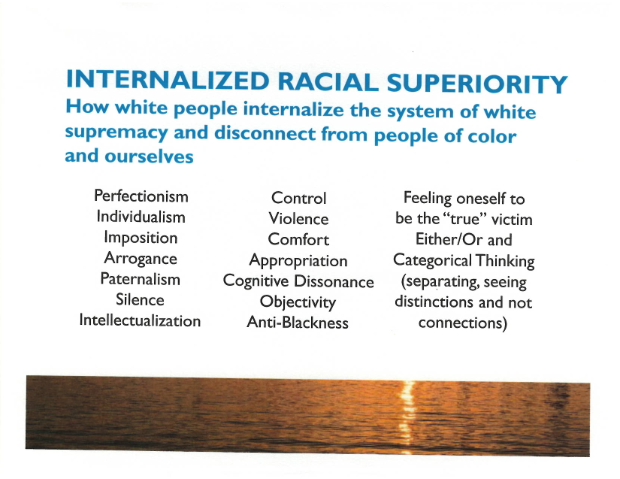William Shatner: Not a Cisgendered Man or a Cis Man
In the past Facebook exchange, I was called a "cis" man. I objected and indicated that I should be referred to as simply as a "man." Several people in that group refused, continuing to refer to me as a "cisgendered man." I found this insulting, not only because there is a perfectly good word already existing to describe me, but also because of the way "cis" and "cisgendered" are most often used. In my experience, "cis" and "cisgendered" are used as terms of disparagement. I have found it odd that someone would claim that they need to relabel me in order to define themselves.
With that background, I noticed a recent series of Tweets by William Shatner (or Star Trek fame). Shatner has drawn a line in the sand on this same issue. He does not want to be referred to as a "cis" or "cisgendered" man. Why? Because calling someone "cis" or cisgendered is a "slur." Shatner argues that it is debasing and often used as a term of hate. This is my experience too. Shatner spelled out his concerns in a long series of Tweets. Here are some excerpts (in reverse chronological order):

